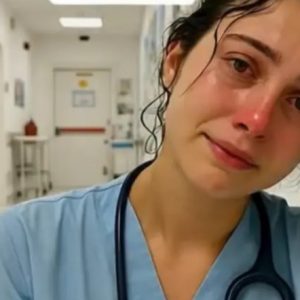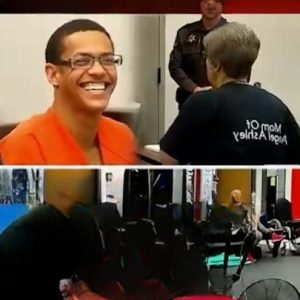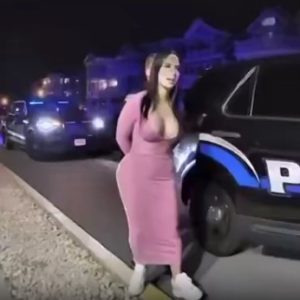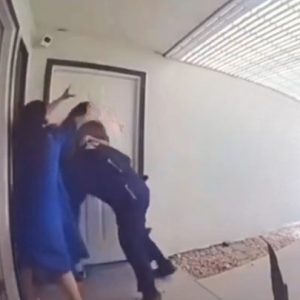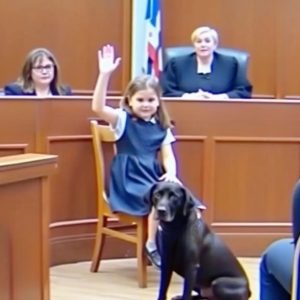What began as a routine traffic stop on a quiet Charleston road turned into a night of chaos when a county deputy was ambushed by a known gang leader.
The deputy, whose name has not been released, pulled over a suspicious vehicle when the driver—identified as the head of the Gudda Boy Gang—opened fire. Despite being shot multiple times, the deputy managed to call for backup before collapsing. Emergency crews rushed him to the hospital, where doctors stabilized him in what many described as a miraculous recovery.
The suspect, long known for violent crimes and drug trafficking ties, was quickly tracked down in a large-scale manhunt involving local, state, and federal officers. After a tense standoff, he was arrested.
The shooting sent shockwaves through Charleston. Vigils formed outside the hospital, while city leaders called the attack “not just against one deputy, but against the whole community.”
Experts say the case reflects a larger problem: gang activity spreading across South Carolina. Groups like GBG recruit vulnerable youth, fuel drug and gun crimes, and aren’t afraid to confront law enforcement directly.
For police, the incident underscored how dangerous “routine” duties can be. Officials are now calling for tougher gang enforcement, stronger sentencing for repeat offenders, and more investment in youth programs to break the cycle of recruitment.
Charleston residents, meanwhile, have rallied behind law enforcement, determined not to let fear define their city. As one official put it, “Violence may shake us, but it will not break us.”
